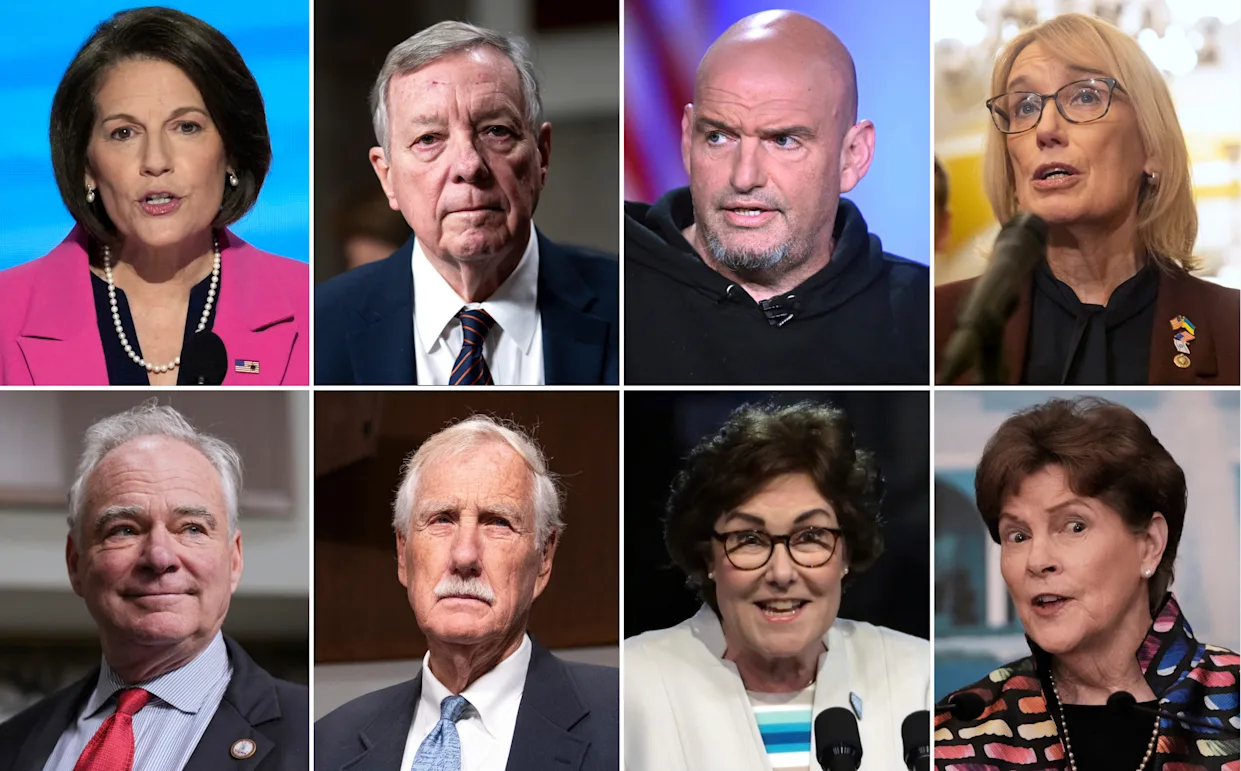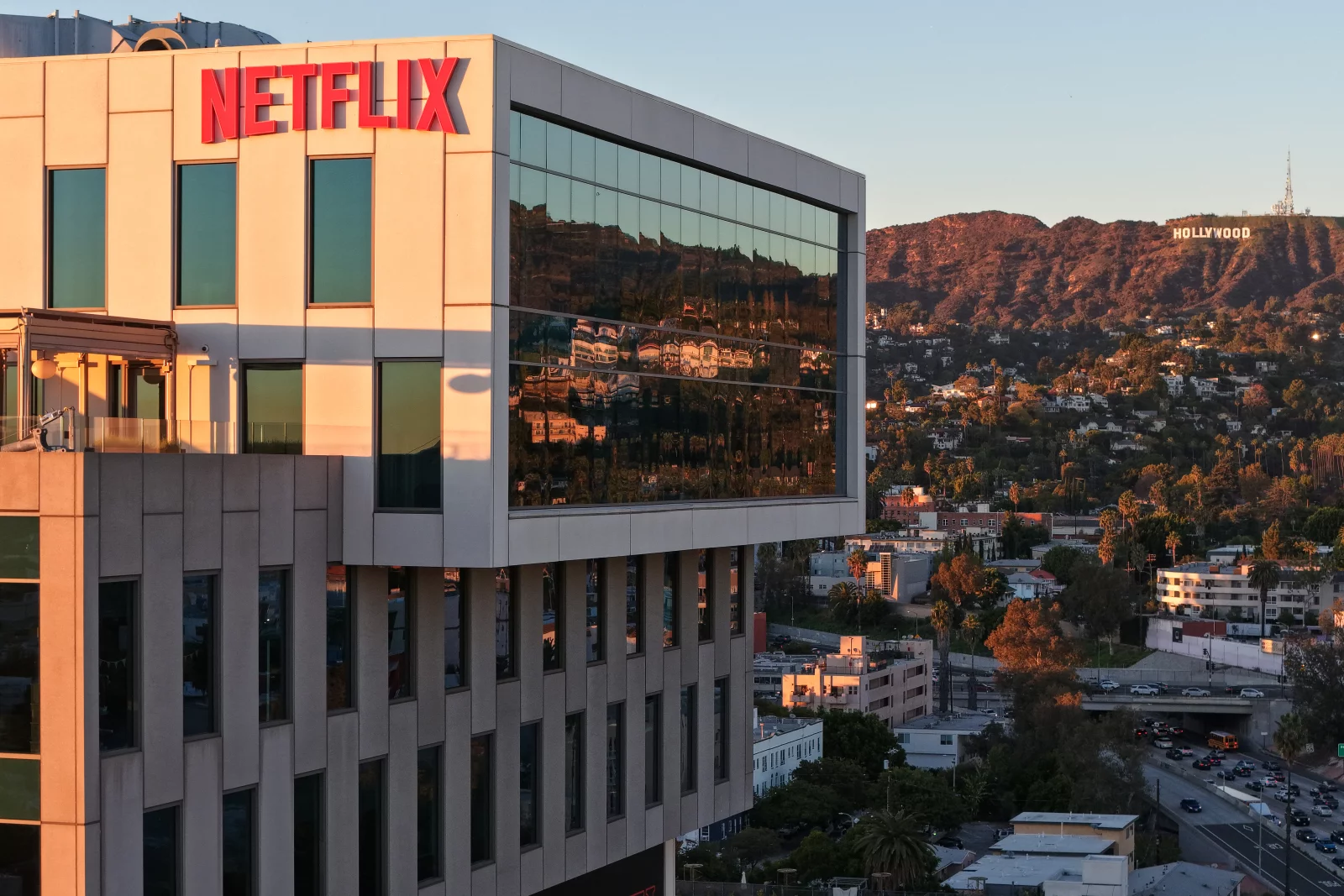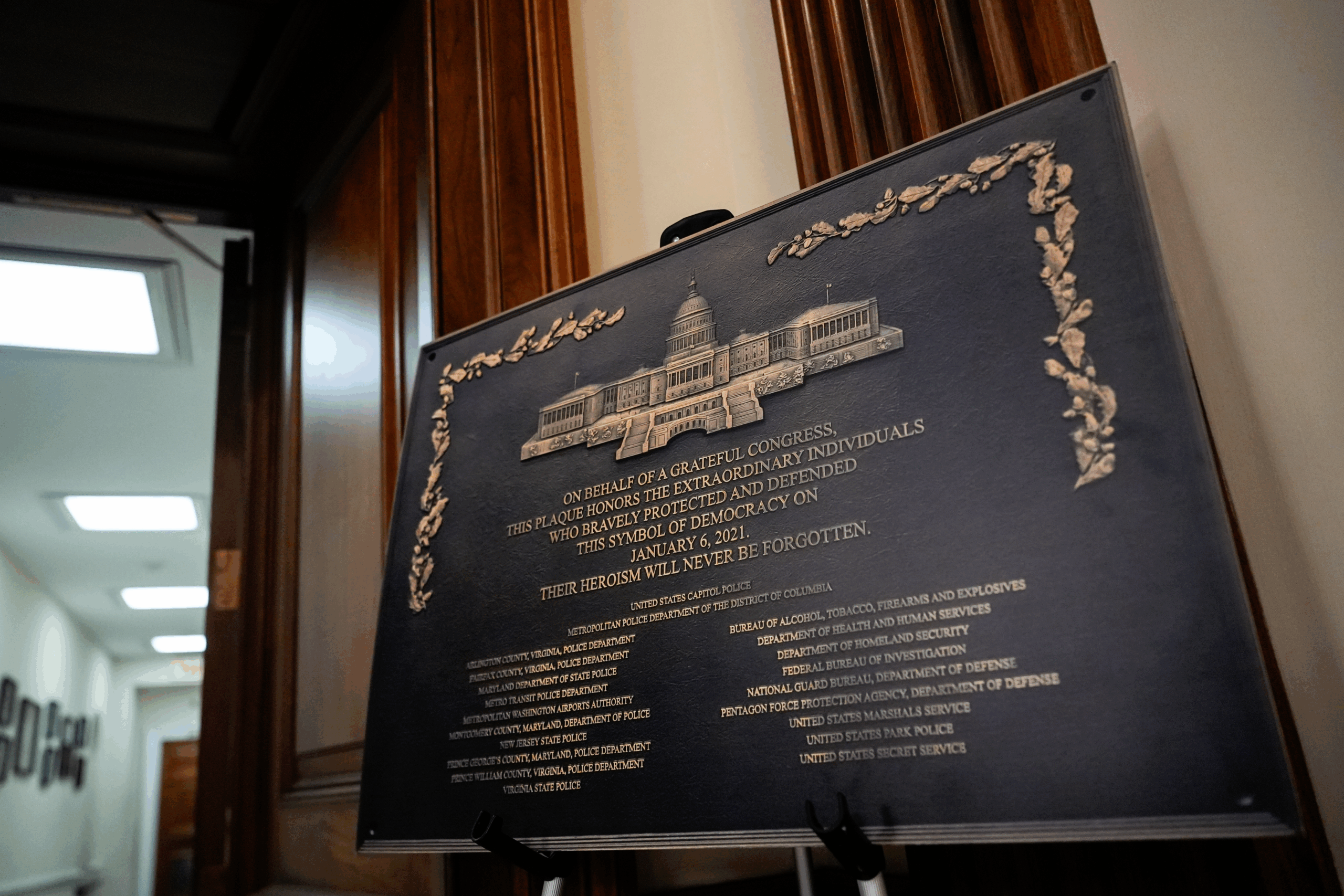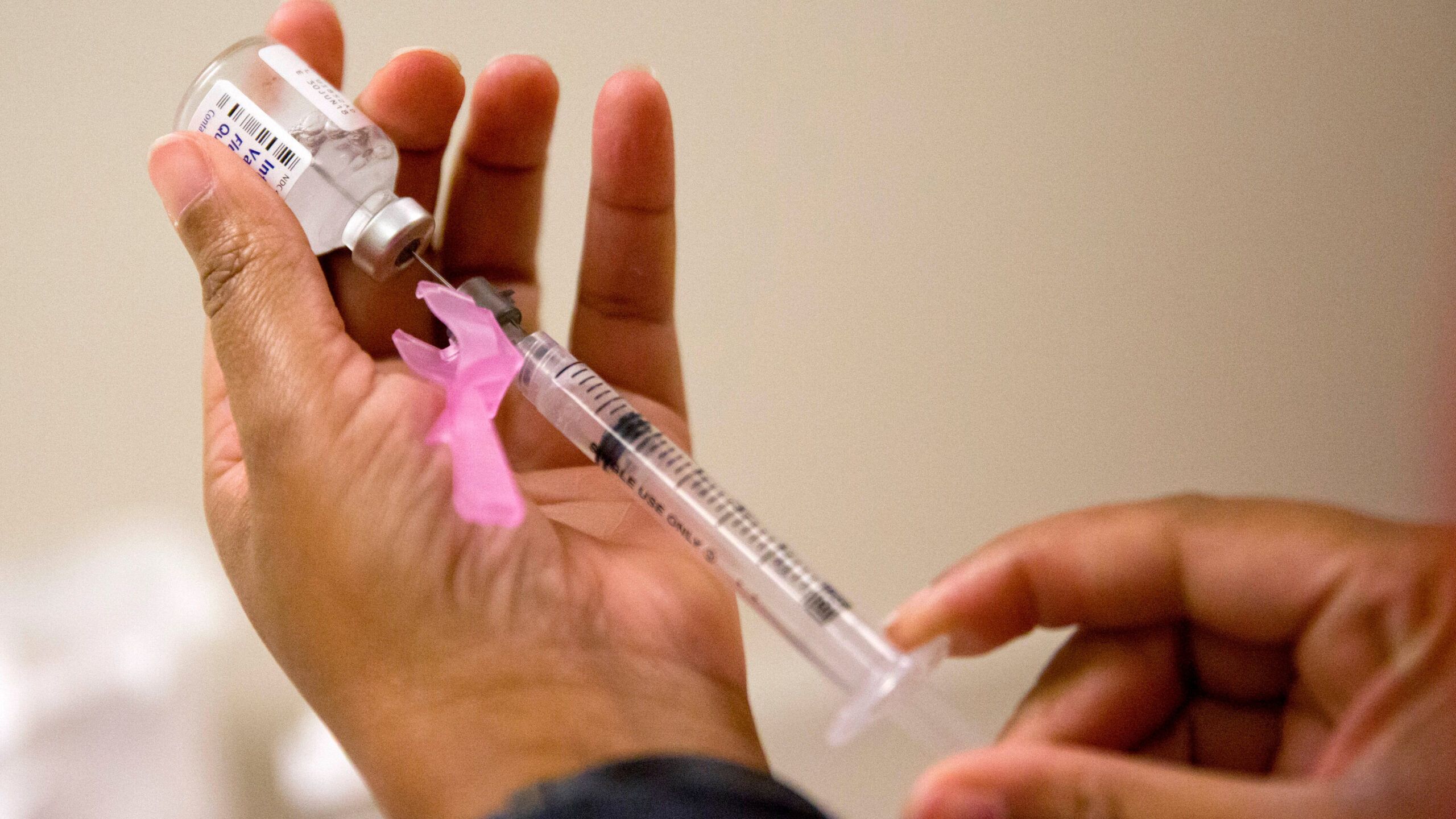Internal Divisions After the Vote to Reopen Government
The congressional agreement to end the longest government shutdown in U.S. history has exposed deep divisions within the Democratic Party. Eight Democratic and allied senators voted with Republicans to reopen the government, drawing criticism from progressive leaders who viewed the move as a strategic misstep.
Lawmakers such as Elizabeth Warren, Chris Murphy, and Bernie Sanders voiced their opposition, describing the deal as politically damaging. However, others argued that continuing the shutdown would have only worsened the economic and social impact, particularly on federal employees and recipients of programs like the Supplemental Nutrition Assistance Program (SNAP).
Potential Electoral Consequences
Despite the backlash, some analysts believe the deal might not harm Democrats in the upcoming midterm elections. Economic affordability and access to healthcare remain key issues for voters. Should Republicans reject the planned extension of health care subsidies included in the shutdown agreement, they could face criticism for rising medical costs.
At the same time, Democrats may appear as the party prioritizing stability and public welfare by choosing to reopen the government and address the needs of affected citizens.
A Changing Party Identity
The situation also highlights the Democratic Party’s internal transformation. While moderates advocate for pragmatic cooperation, progressives push for a more confrontational approach toward the opposition. This shift could shape future primaries and broader electoral strategies through 2028.
Although the shutdown deal has not resolved all internal tensions, Democrats are betting that time, economic recovery, and a focus on social issues will strengthen their standing with voters heading into the next election cycle.







